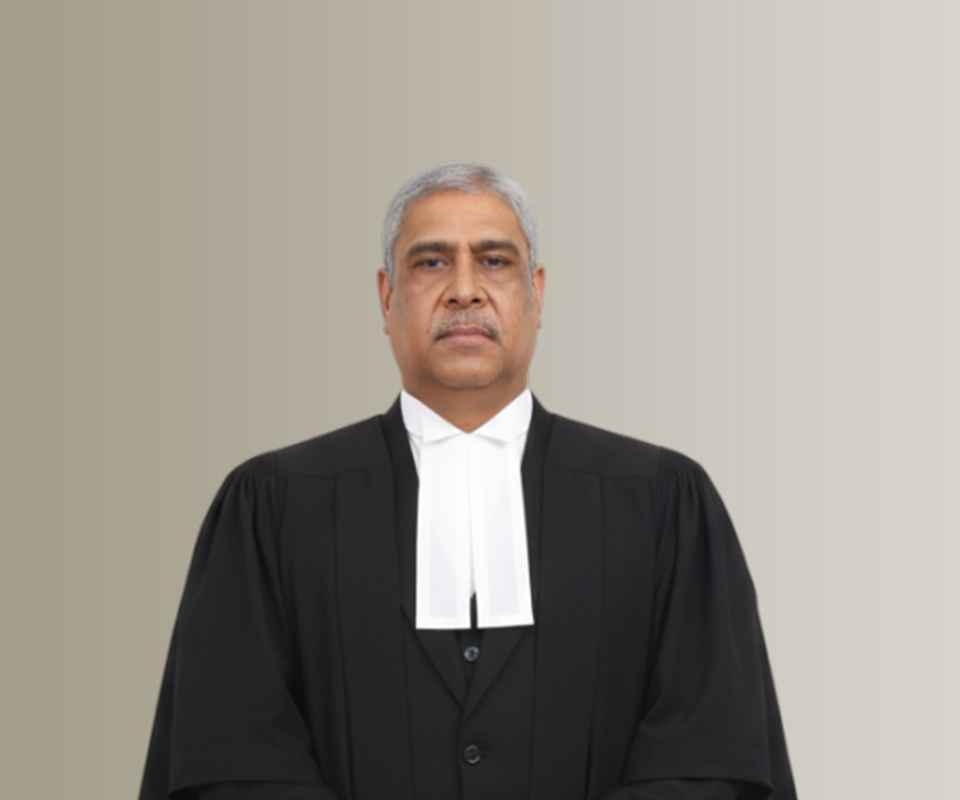Answer By law4u team
Bharatiya Nagarik Suraksha Sanhita, 2023 - Section 109: Power to impound document, etc., produced
Any Court may, if it thinks fit, impound any document or thing produced before it under this Sanhita.
Brefe Detail
Section 109 of the Bharatiya Nagarik Suraksha Sanhita, 2023, grants any Court the authority to impound documents or items that are presented before it. The Court has the discretion to decide whether or not to exercise this power.
Question & Answers
Q: What does Section 109 of the Bharatiya Nagarik Suraksha Sanhita empower a Court to do?
A: It empowers a Court to impound any document or thing produced before it if it deems it appropriate.
Q: Is the power to impound documents mandatory for the Court?
A: No, the Court may exercise this power at its discretion.
Example
- A party presents a suspicious document as evidence in a case. The Court may choose to impound that document if it finds it necessary for further investigation.
- During a trial, a witness submits a document that the Court believes may not be authentic. The Court can impound this document for examination.
Summary
Section 109 provides Courts with the authority to impound documents and items presented to them, allowing for discretion in managing potentially important evidence related to legal proceedings.







